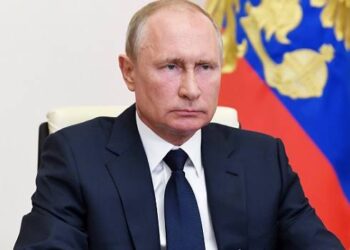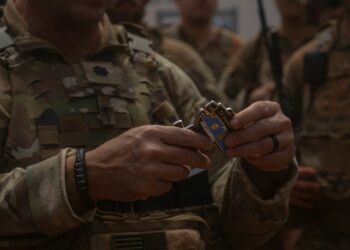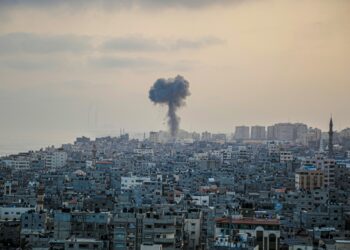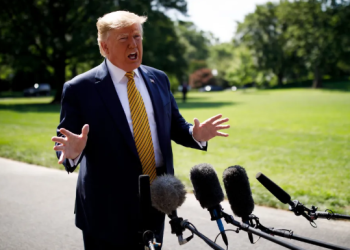With the lingering controversies against Putin administration, the acclaimed Soviet Union Leader isn’t moved by his oppositions. Many calls his leadership style dictatorship even with the multiparty system, the federation has since lost its dividend of democracy.
In a ceremony held at the Kremlin on Monday, Vladimir Putin was sworn in for an unprecedented fifth term as President of Russia, further cementing his hold on power and extending his rule over the country for another six years.

The inauguration was attended by high-ranking officials, dignitaries, and foreign leaders, although notably absent were representatives from the United States and several other Western countries, who chose to boycott the event in protest of Putin’s controversial policies.
In his address, Putin pledged to “protect and serve” the Russian people, emphasizing the need for national unity and strength in the face of external threats. This rhetoric is familiar to many Russians, who have come to see Putin as a strong leader who has restored national pride and stability.
However, critics argue that Putin’s rule has come at a significant cost, including the suppression of political dissent, restrictions on civil liberties, and an aggressive foreign policy that has isolated Russia from the international community.
As Putin begins his new term, many are watching closely to see how he will navigate the complex web of domestic and international challenges facing Russia. Will he continue down a path of authoritarianism and nationalism, or will he seek to reform and open up the country to the world? Only time will tell.
Putin’s new term is expected to be marked by continued tensions with the West, as well as efforts to consolidate his power and legacy at home.
Key Points:
- Vladimir Putin sworn in for fifth term as Russian President
- Ceremony boycotted by US and other Western countries
- Putin vows to “protect and serve” Russian people
- Tensions with West continue over Ukraine and other issues
- Putin remains popular among many Russians, but critics accuse him of suppressing dissent and restricting liberties.

















